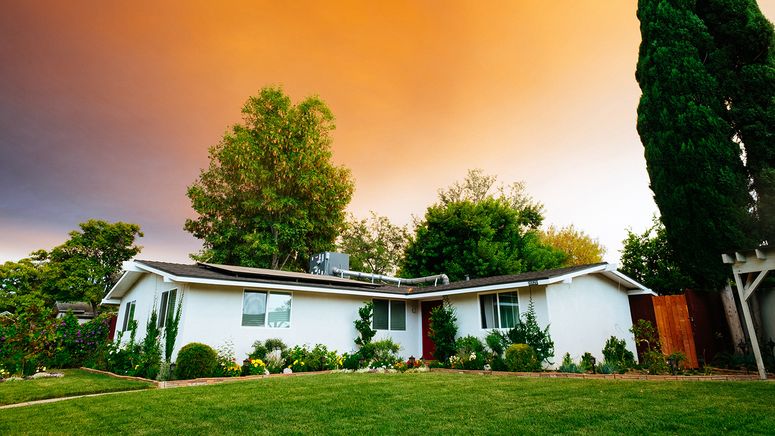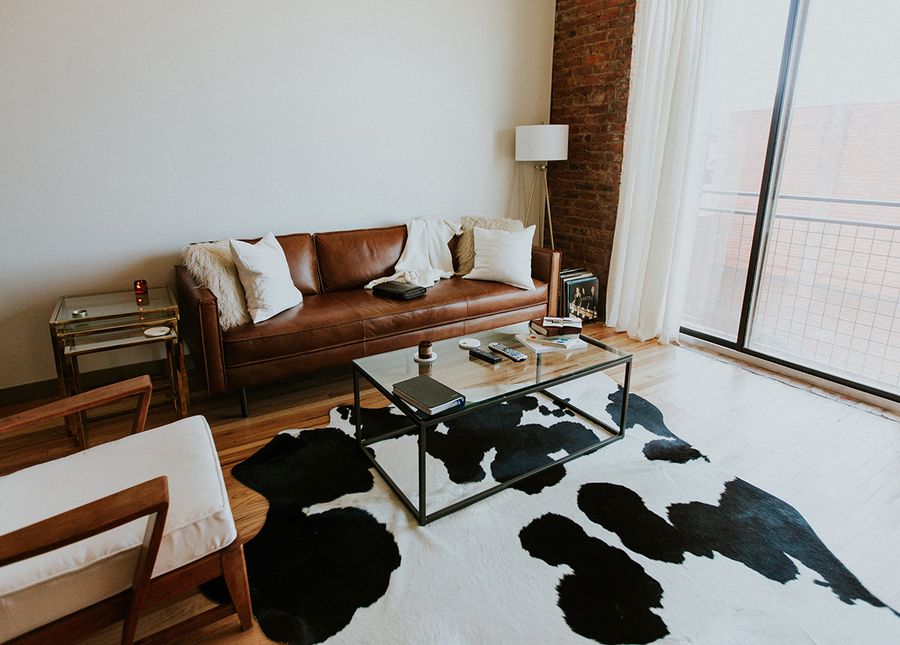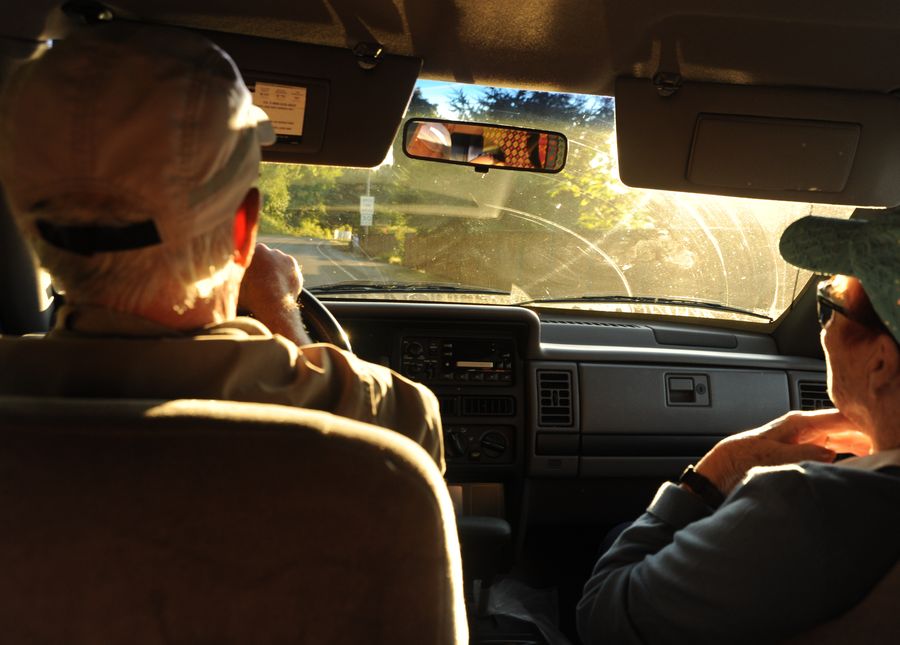Your home should be your sanctuary, the place where you feel most comfortable and at ease. There are things we need to keep in mind however when it comes to home safety, from ensuring we manage hazards to protecting ourselves and our valuables.
Be wary of scams
It’s a good idea to have a ‘do not knock’ sticker by your front door, which you can get from Consumer Affairs in your state or territory. Even still, you may find yourself receiving unwanted door knockers.
Unfortunately not all are who they claim to be. They might say they are fundraising for charity (as was the case with 2020’s bushfire fundraising doorknocking scam), are offering government rebates for solar power, or can check your roofing – these are just some examples of potential scams.
You might also receive telemarketing calls or texts, or see posts on social media asking for money. If you are in doubt of the validity of the service, phone the business or charity directly to check (do not click any links or use the number in the texts). An example of this is calling your bank if you receive a text message or email asking you to send through your login details – rather than doing so, check directly with the bank to see if the message did actually come from them.
Scamwatch has a list of the latest scams doing the rounds. Visit their website to subscribe to their email updates and stay informed.
Identifying hazards
It can be tricky to see a well-lived in space with fresh eyes, so when it comes to identifying hazards around the home, you may need some assistance. An OT assessment, available as part of home care package, can help with this.
Perhaps your coffee table has sharp corners which could injure you in a fall, or your cat bunches up the hallway rug which could cause you to trip. Is your kettle on its way out, spitting hot water when boiled? Has your driveway become slippery with leaves falling from a nearby tree?
Once you have identified any hazards in and around your home, you can look for solutions, whether that be removing the hazard, replacing the piece of equipment or furniture, or working out a way around it.
Security hacks for around the home
You don’t have to spend a lot of money in order to help secure your home. Beyond the basics, such as locking doors and making sure any open windows can’t be pushed open, there are some clever hacks you can do. An old pair of men’s boots or sneakers by the door can act as somewhat of a deterrent, as is a fake security camera (which is much cheaper than the real deal).
An outdoor motion sensor spotlight will also make your home less of an appealing target. If you’re leaving home for the day or going on a trip, leaving your laundry out is a good idea as it makes it look like someone is still there.
Medication safety
Another thing to be mindful of is safety when it comes to medications. While pill organisers are handy, keeping each of your medications in their original packaging makes it easier to know your dose, their expiration date and what is what, thereby minimising the chance of a mix-up.
It’s important to let your GP know what you are taking, so bring along your medications on your appointments so they can check it’s still okay for you to do so. Dispose of any expired or spoiled medication and store your meds away from heat and light (best to store them in your bathroom cabinet). Keep a list of all the medications you are taking so that if you fall ill, it’s easy to access this information in your home.




